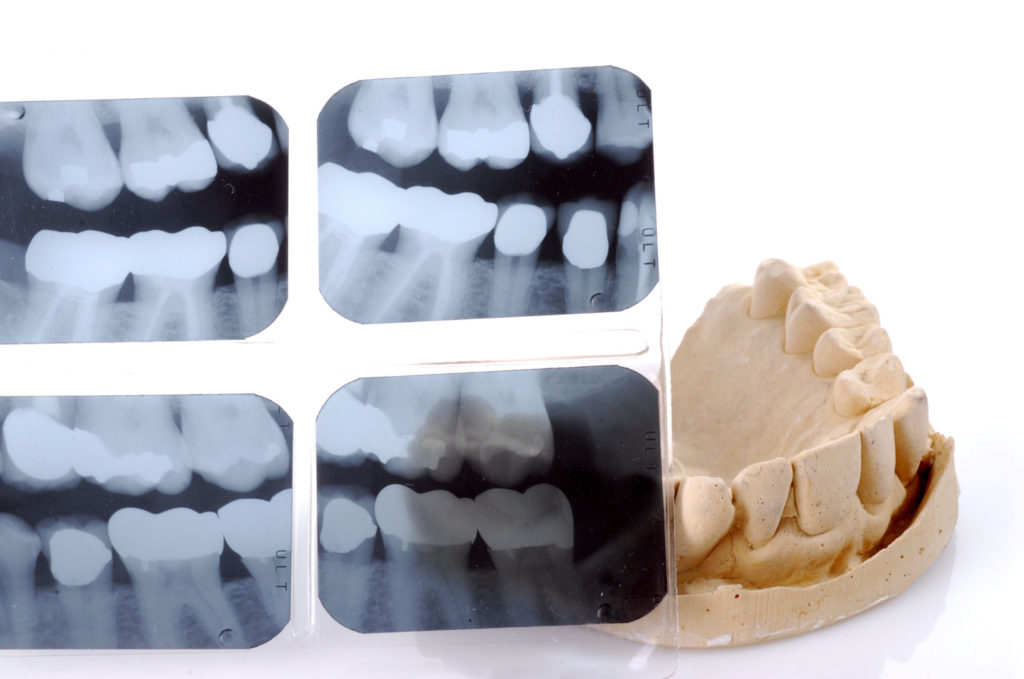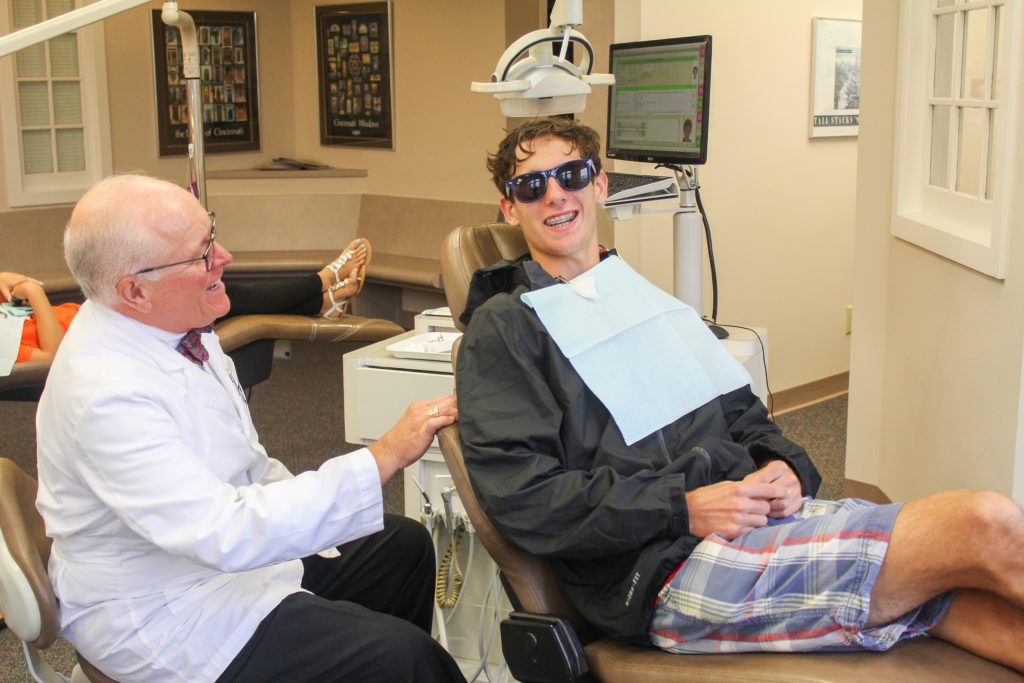At Thacker Orthodontics, we believe in beautiful, healthy smiles for a lifetime, and we care about patient concerns. Some of the most frequently asked questions concerning braces treatment are:
“How long will I have to wear braces?”
“Which option is least painful yet most effective?”
“Do I have to wear a retainer after treatment?”
These are all valid questions and are equally addressed. But this guide centers on a less common but incredibly smart question:
“If my wisdom teeth come in, will that upset my newly, straightened smile?”
Patients before, during, and after treatment have asked this question, but it’s most often asked by patients who have completed their orthodontic treatment and have noticed their wisdom teeth starting to erupt. Naturally, they wonder if these new teeth are going to undo all the hard work they just endured to create their beautiful smile. Let’s examine this question in depth to alleviate any potential concerns.
Wisdom Teeth
Wisdom teeth are the final teeth to erupt, commonly appearing when a person is older, between the ages of 17-21. This is how they get the name wisdom teeth. Their arrival is often marked by some achiness in the mouth and potentially, some slight shifting of the teeth.
They may have been useful to our ancestors because they could replace teeth that may have been lost through a rough diet, trauma, or decay. However, with modern advancements in oral hygiene and softer diets, we simply don’t need them.
Teeth Shifting
If you’re experiencing dental crowding through shifting teeth, your wisdom teeth are most likely not to blame. What’s a common reason? Age. As we get older, our teeth start exhibiting a little wear-and-tear much the same as our bodies do.
As natural drifting occurs, teeth may start to overlap and slightly push forward. When this happens, the upper teeth can push the lower teeth in closer toward the tongue. Adults can also experience a minimal amount of jaw growth which can, in turn, force the teeth into less desirable positions.
Impacted Wisdom Teeth
Several myths about wisdom teeth have led to their early removal, even when asymptomatic. One such myth is that wisdom teeth push other teeth out of the way as they erupt, leading to a misalignment of teeth. As a result, they are removed in advance as a preventative measure.
However, a number of studies show that wisdom teeth do not exert enough pressure to cause a misalignment in other teeth. The reality is that wisdom teeth are unable to grow in normally for many people due to a lack of space inside the mouth. As a result, they either become stuck under the gum, are only able to partially break through, or grow in at odd angles. Dentists call these teeth impacted.
Aside from the pain they cause when growing in, impacted wisdom teeth can cause problems such as gum tenderness, cavities, and infection. Dentists or oral surgeons often remove impacted wisdom teeth before they become a problem for these reasons. Some people never have a problem with them, but if you do, there’s no need to worry.
Examinations and X-rays through regular dental checkups can be used to follow the progress of your wisdom teeth. Any potential problems should be found in the early stages.
Removal of Wisdom Teeth
The general consensus is asymptomatic, disease-free wisdom teeth should not be removed solely for the purpose of preventing movement of newly straightened teeth. There is simply not enough evidence to support this practice.
Our experienced and talented team will thoroughly evaluate whether you’re a good candidate for wisdom teeth extractions. If we recommend that you are, we will fully educate you about the procedure and after-care instructions. It may sound frightening, but we assure you it is a very routine procedure and can even be done while wearing braces.
Protect Your New Smile
The single best way to defend against drifting and overlap is by consistently wearing your retainer as instructed – this is so imperative! Our patients hear us talk about retention all the time. Additionally, be sure to schedule an appointment with us at the first sign of your wisdom teeth coming in.
Summing It Up
- Problems such as dental crowding can be diagnosed long before wisdom teeth erupt. This is one reason we recommend seeing an orthodontist for an evaluation by the age of 7.
- We will monitor the progress of your wisdom teeth through routine checkups.
- Not everyone will need to have his or her wisdom teeth removed.
- Wisdom teeth should not be removed solely for the purpose of preventing misalignment of other teeth.
- Wisdom teeth can be removed while wearing braces.
- Once your braces come off, you must wear your retainer as instructed to keep your results.
Choose Thacker Orthodontics
We hope this guide helped you learn more about wisdom teeth and their impact on treatment. Here at Thacker Orthodontics, our goal is to give you the healthy, straight smile you’ve always wanted. Our highly trained team is dedicated to providing our patients with the best care possible in a comfortable, stress-free environment.
If you’re in the Cincinnati, Hillsboro, or surrounding area and desire a first orthodontic evaluation for you or your child, give us a call today to schedule a complimentary consultation. Or if you’ve completed treatment as a child or teenager and want to correct those shifted teeth, perhaps from the lack of a retainer, we have a solution for you, too. We hope to see you soon!


